Home / j-k-election / Jammu & Kashmir Local Body Elections Face Further Delay as OBC Commission’s Term is Extended
Jammu & Kashmir Local Body Elections Face Further Delay as OBC Commission’s Term is Extended
By: My India Times
5 minutes read 41Updated At: 2025-02-18
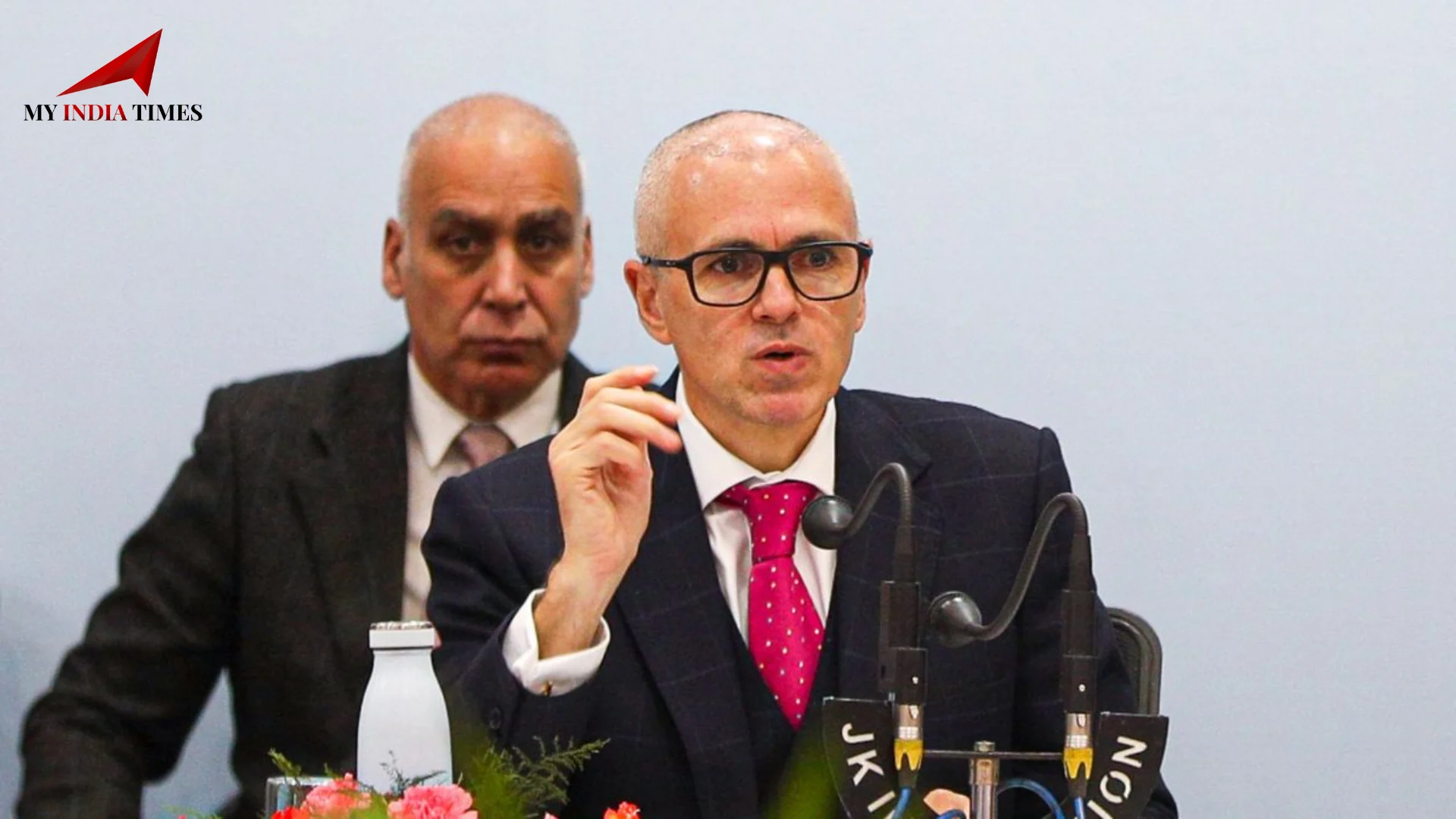
Political Uncertainty Grows as Panchayat and Municipal Elections Remain on Hold
The much-anticipated panchayat and municipal elections in Jammu and Kashmir face yet another setback as the Omar Abdullah-led government extends the tenure of the OBC Commission. This move, aimed at finalizing reservations for Other Backward Classes (OBCs), has sparked concerns over delayed democratic processes and stalled local governance.
Originally slated for October-November 2023, the elections have remained in limbo for over a year. With the ongoing deliberations on OBC quotas and a possible delimitation exercise, the wait for a functioning local government seems far from over. This uncertainty has left the region’s grassroots governance paralyzed, impacting development projects and administrative efficiency.
OBC Reservation: A Progressive Move or a Cause for Delay?
The inclusion of OBC reservations in local body elections is being touted as a significant step toward political representation for marginalized communities in J&K. The initiative seeks to empower backward classes, ensuring a more inclusive and representative democratic framework.
However, the prolonged decision-making process has raised questions about the government’s commitment to timely elections. While the intention behind OBC quotas is progressive, the extended delay in conducting elections has disrupted local governance, leaving municipalities and panchayats leaderless for over a year.
Without elected representatives, key decision-making powers have been shifted to bureaucrats and administrators, leading to inefficiencies, stalled development work, and a growing sense of frustration among the public.
JK Panchayat Conference Demands Immediate Elections
Amid rising concerns, the Jammu and Kashmir Panchayat Conference (JKPC) has urged the government to conduct local elections without further delay.
JKPC President Anil Sharma has expressed disappointment over the prolonged inactivity of grassroots democratic institutions. He criticized the government for failing to prioritize elections and allowing governance to remain in bureaucratic control.
"It is extremely unfortunate that for over a year, the Panchayati Raj institutions have remained non-functional, yet no one seems to be taking a stand to restore them," said Sharma. He further stated that with a newly elected government in place, the responsibility of conducting these long-overdue elections now lies squarely on Chief Minister Omar Abdullah’s shoulders.
Omar Abdullah Faces Mounting Pressure to Restore Local Governance
With an elected government now in power, the responsibility to revive grassroots democracy in Jammu and Kashmir is now a political imperative for Chief Minister Omar Abdullah.
Before J&K had an elected government, political parties and local leaders had to appeal directly to the Union Home Ministry to push for elections. However, with Omar Abdullah now leading the administration, the expectation is that his government will take swift action.
"Earlier, we had to request the Union government for elections. Now that we have an elected Chief Minister, our direct and clear appeal is to Omar Abdullah: do not let democracy remain suspended at the grassroots level," said Sharma.
Despite the high stakes and growing demands, the government's focus remains on finalizing OBC reservations, further complicating the election timeline.
Governance Vacuum: A Year Without Local Representatives
The delay in elections has resulted in a major governance crisis at the local level. Municipal bodies completed their tenure in October-November 2023, while Panchayats and Block Development Councils (BDCs) ceased to exist on January 9, 2024.
With no elected representatives, key administrative decisions that impact rural development, urban planning, and local welfare schemes have come to a standstill. Important infrastructure projects remain stalled, and bureaucrats, instead of elected leaders, are making governance decisions—often without community input.
This absence of grassroots democracy is affecting rural development programs, public welfare schemes, and basic civic administration, leaving many residents frustrated over the lack of local leadership.
District Development Councils Remain Functional, But Can They Fill the Gap?
While the District Development Councils (DDCs), elected in December 2020, remain operational until January 2026, they cannot fully replace panchayats and municipalities in delivering governance at the grassroots level.
DDCs primarily focus on larger developmental planning, while local bodies like panchayats and municipalities handle day-to-day governance, including sanitation, water supply, education, and rural employment schemes. Without panchayat and municipal representatives, these critical areas of governance continue to suffer, despite the presence of DDCs.
What Lies Ahead? A Race Against Time to Restore Democracy
With every passing month, the delay in conducting local body elections in Jammu and Kashmir raises more questions about the state government’s priorities. The OBC reservation process, though necessary, has pushed governance into an administrative vacuum—something that can no longer be ignored.
Pressure is mounting on Chief Minister Omar Abdullah to take decisive action. If elections are delayed indefinitely, public frustration will only grow, and confidence in local democracy may erode further.
The question now is: Will Omar Abdullah’s government fast-track the process and hold elections soon, or will J&K’s grassroots democracy remain indefinitely stalled? The people of Jammu and Kashmir await an answer.
....
Political Uncertainty Grows as Panchayat and Municipal Elections Remain on Hold
The much-anticipated panchayat and municipal elections in Jammu and Kashmir face yet another setback as the Omar Abdullah-led government extends the tenure of the OBC Commission. This move, aimed at finalizing reservations for Other Backward Classes (OBCs), has sparked concerns over delayed democratic processes and stalled local governance.
Originally slated for October-November 2023, the elections have remained in limbo for over a year. With the ongoing deliberations on OBC quotas and a possible delimitation exercise, the wait for a functioning local government seems far from over. This uncertainty has left the region’s grassroots governance paralyzed, impacting development projects and administrative efficiency.
OBC Reservation: A Progressive Move or a Cause for Delay?
The inclusion of OBC reservations in local body elections is being touted as a significant step toward political representation for marginalized communities in J&K. The initiative seeks to empower backward classes, ensuring a more inclusive and representative democratic framework.
However, the prolonged decision-making process has raised questions about the government’s commitment to timely elections. While the intention behind OBC quotas is progressive, the extended delay in conducting elections has disrupted local governance, leaving municipalities and panchayats leaderless for over a year.
Without elected representatives, key decision-making powers have been shifted to bureaucrats and administrators, leading to inefficiencies, stalled development work, and a growing sense of frustration among the public.
JK Panchayat Conference Demands Immediate Elections
Amid rising concerns, the Jammu and Kashmir Panchayat Conference (JKPC) has urged the government to conduct local elections without further delay.
JKPC President Anil Sharma has expressed disappointment over the prolonged inactivity of grassroots democratic institutions. He criticized the government for failing to prioritize elections and allowing governance to remain in bureaucratic control.
"It is extremely unfortunate that for over a year, the Panchayati Raj institutions have remained non-functional, yet no one seems to be taking a stand to restore them," said Sharma. He further stated that with a newly elected government in place, the responsibility of conducting these long-overdue elections now lies squarely on Chief Minister Omar Abdullah’s shoulders.
Omar Abdullah Faces Mounting Pressure to Restore Local Governance
With an elected government now in power, the responsibility to revive grassroots democracy in Jammu and Kashmir is now a political imperative for Chief Minister Omar Abdullah.
Before J&K had an elected government, political parties and local leaders had to appeal directly to the Union Home Ministry to push for elections. However, with Omar Abdullah now leading the administration, the expectation is that his government will take swift action.
"Earlier, we had to request the Union government for elections. Now that we have an elected Chief Minister, our direct and clear appeal is to Omar Abdullah: do not let democracy remain suspended at the grassroots level," said Sharma.
Despite the high stakes and growing demands, the government's focus remains on finalizing OBC reservations, further complicating the election timeline.
Governance Vacuum: A Year Without Local Representatives
The delay in elections has resulted in a major governance crisis at the local level. Municipal bodies completed their tenure in October-November 2023, while Panchayats and Block Development Councils (BDCs) ceased to exist on January 9, 2024.
With no elected representatives, key administrative decisions that impact rural development, urban planning, and local welfare schemes have come to a standstill. Important infrastructure projects remain stalled, and bureaucrats, instead of elected leaders, are making governance decisions—often without community input.
This absence of grassroots democracy is affecting rural development programs, public welfare schemes, and basic civic administration, leaving many residents frustrated over the lack of local leadership.
District Development Councils Remain Functional, But Can They Fill the Gap?
While the District Development Councils (DDCs), elected in December 2020, remain operational until January 2026, they cannot fully replace panchayats and municipalities in delivering governance at the grassroots level.
DDCs primarily focus on larger developmental planning, while local bodies like panchayats and municipalities handle day-to-day governance, including sanitation, water supply, education, and rural employment schemes. Without panchayat and municipal representatives, these critical areas of governance continue to suffer, despite the presence of DDCs.
What Lies Ahead? A Race Against Time to Restore Democracy
With every passing month, the delay in conducting local body elections in Jammu and Kashmir raises more questions about the state government’s priorities. The OBC reservation process, though necessary, has pushed governance into an administrative vacuum—something that can no longer be ignored.
Pressure is mounting on Chief Minister Omar Abdullah to take decisive action. If elections are delayed indefinitely, public frustration will only grow, and confidence in local democracy may erode further.
The question now is: Will Omar Abdullah’s government fast-track the process and hold elections soon, or will J&K’s grassroots democracy remain indefinitely stalled? The people of Jammu and Kashmir await an answer.
By: My India Times
Updated At: 2025-02-18
Tags: j-k-election News | My India Times News | Trending News | Travel News
Join our WhatsApp Channel



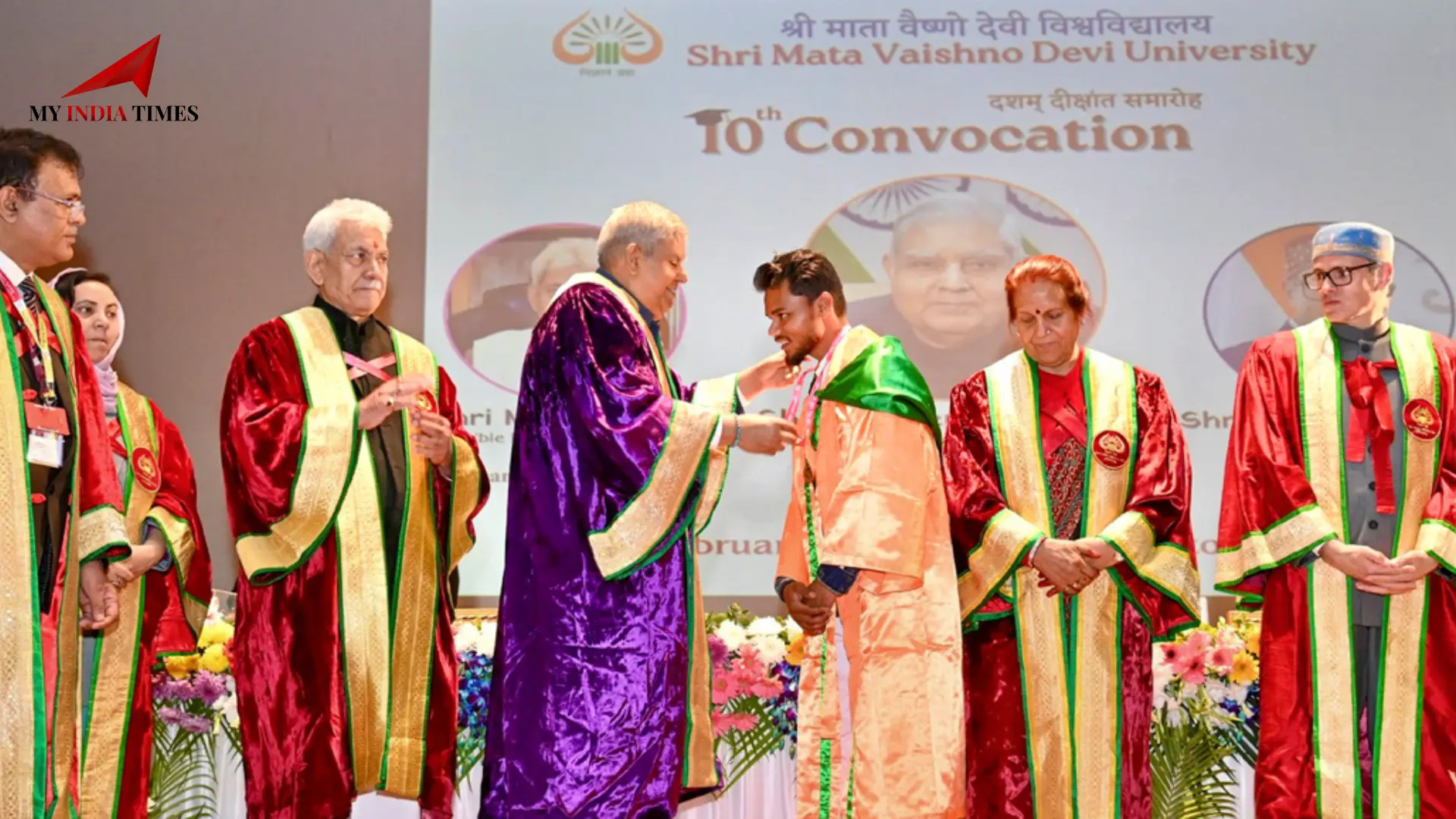
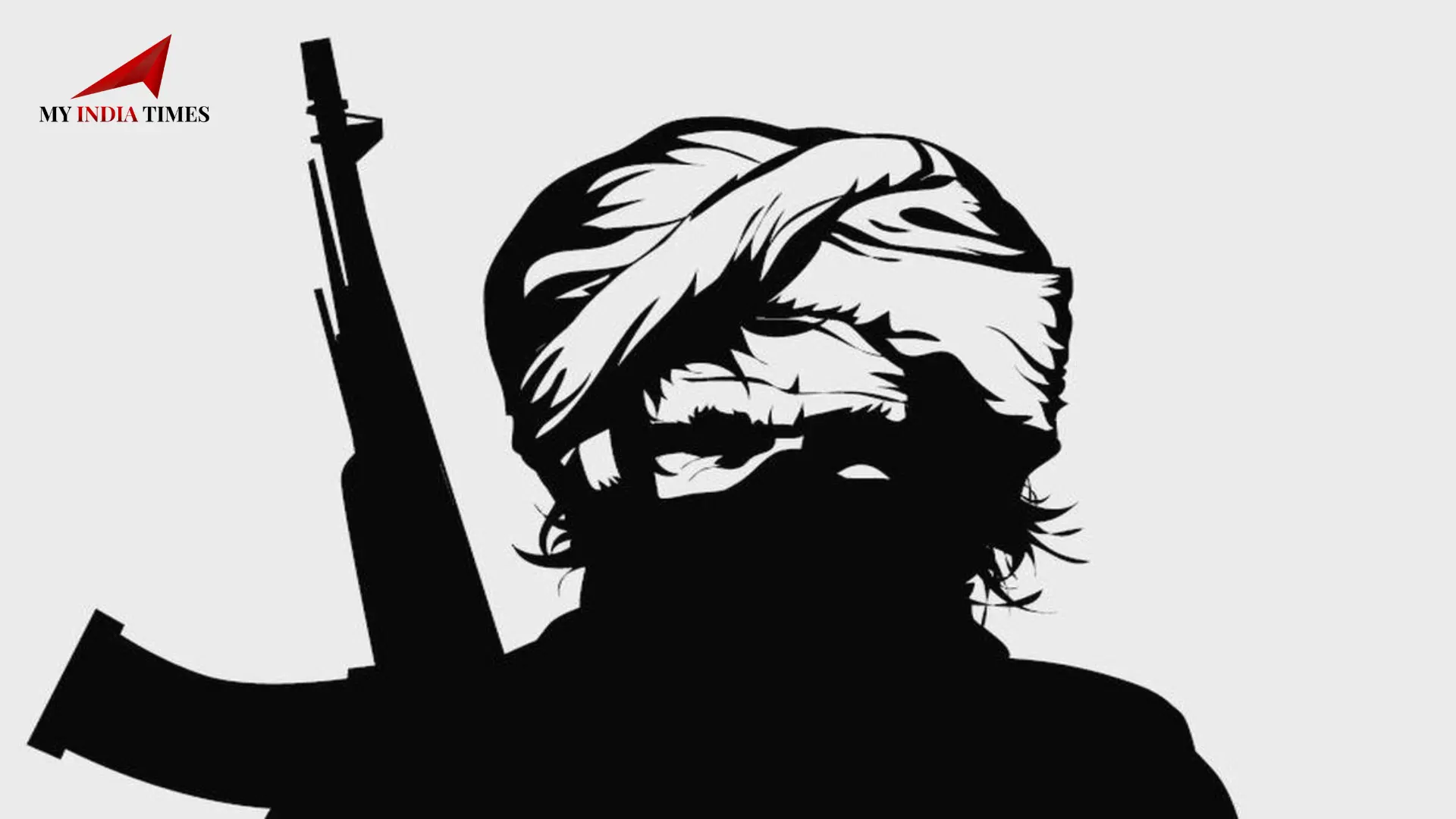
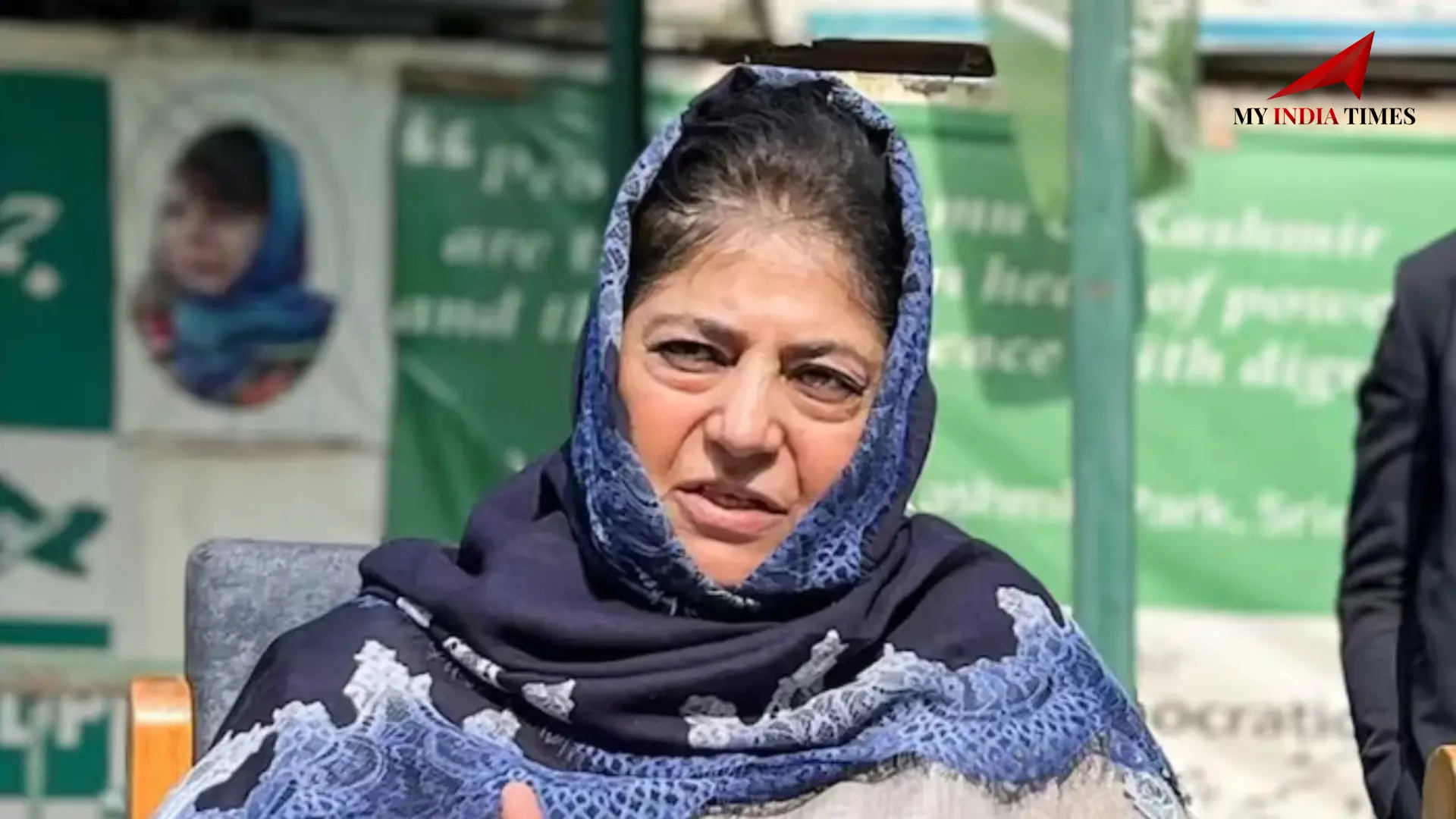
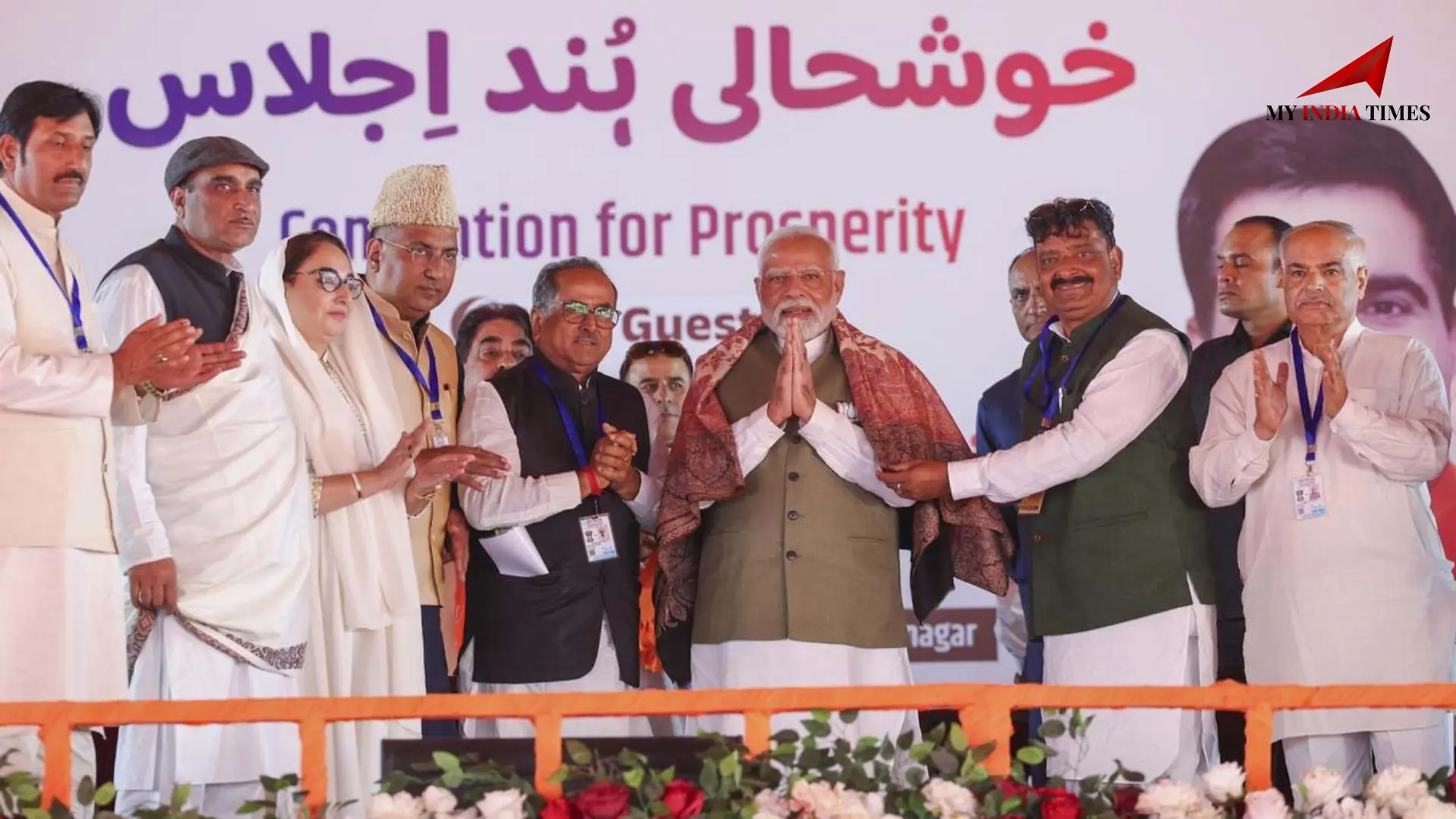
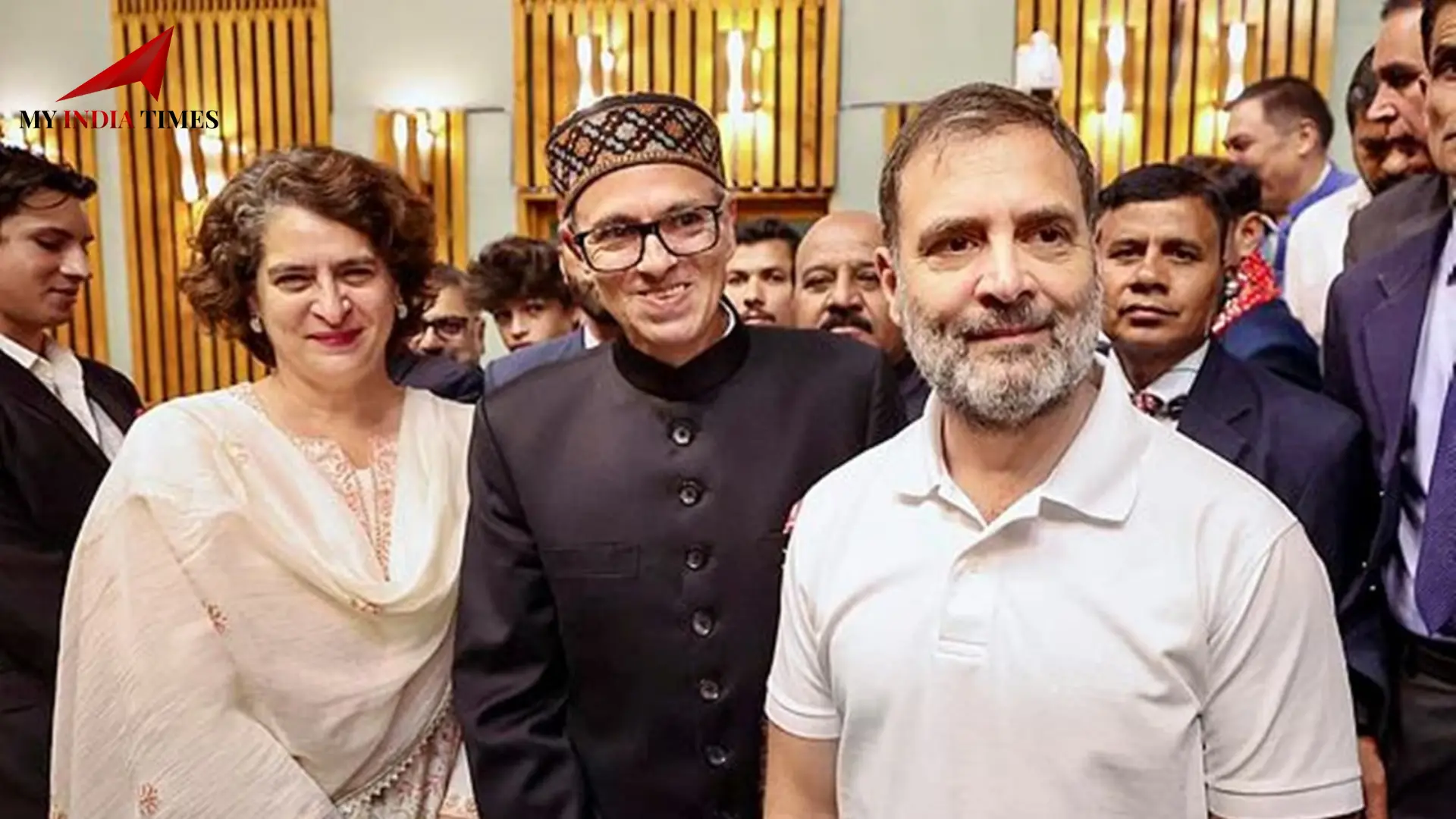

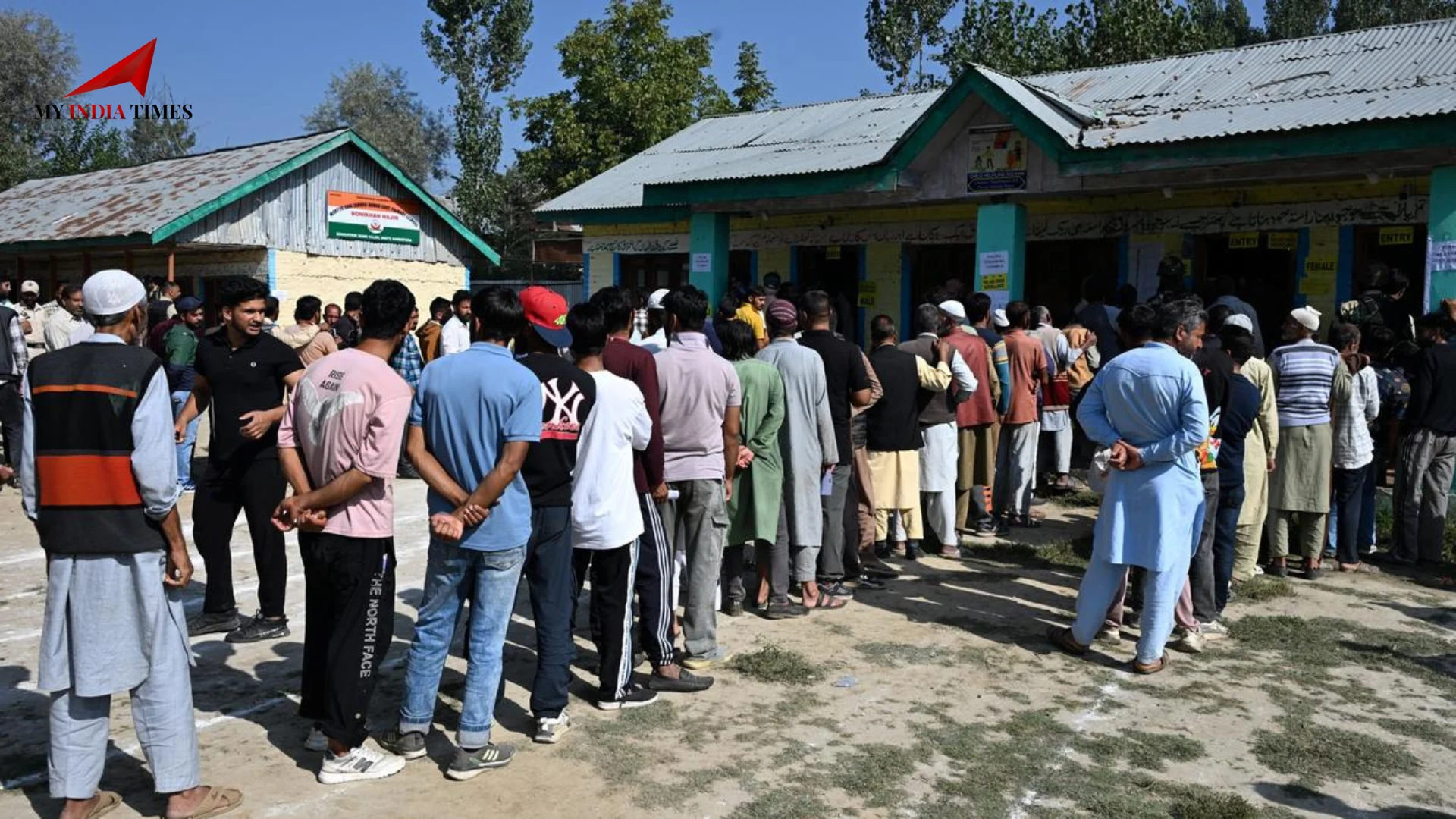
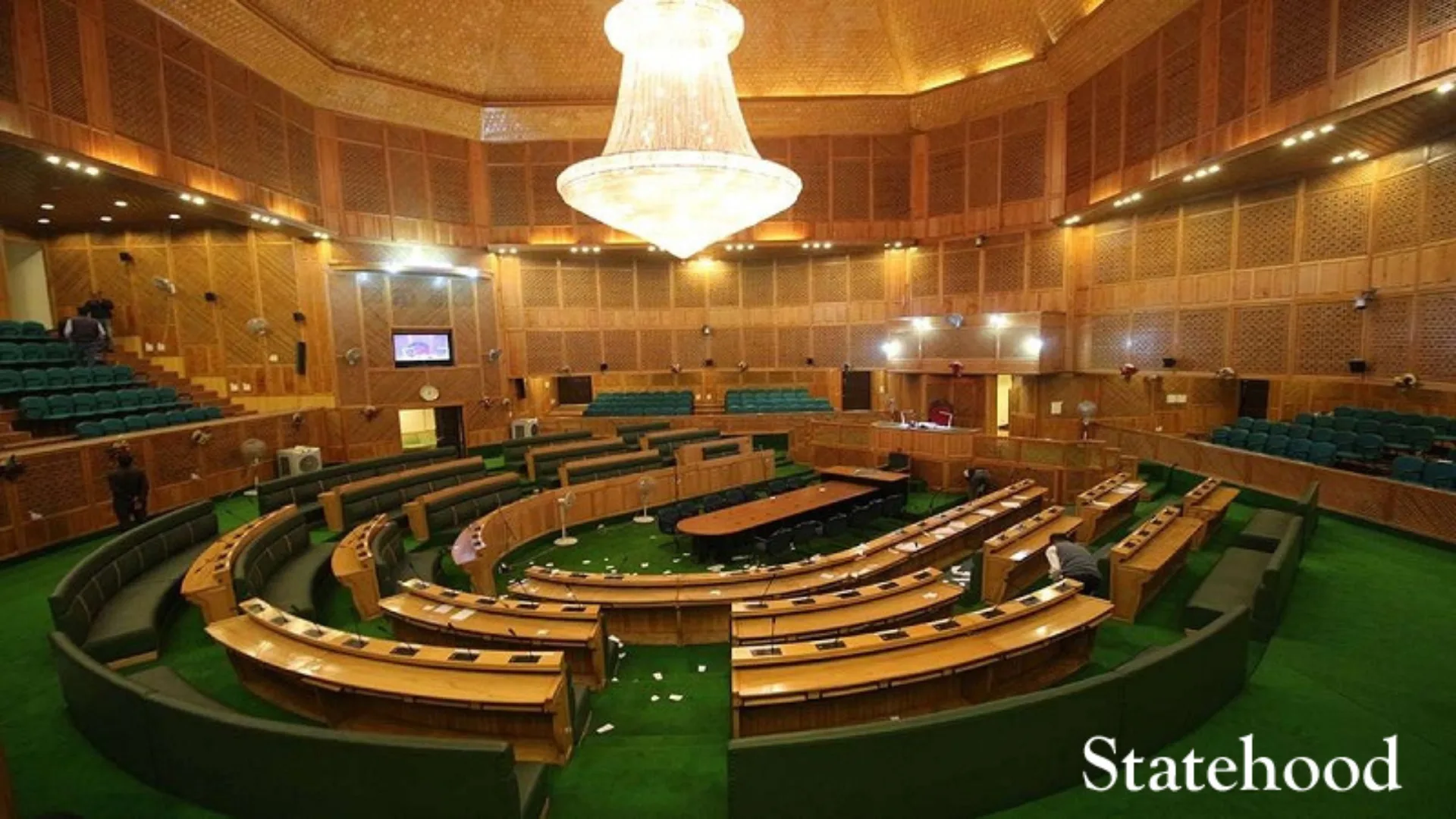































































































.png)
 (1).png)























